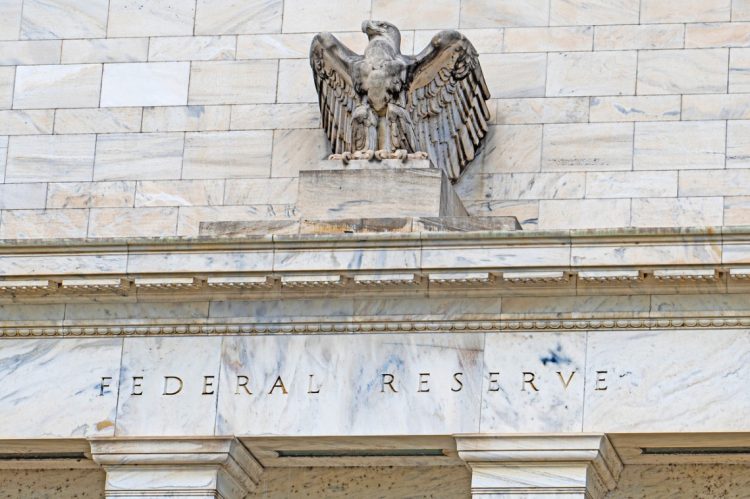During a speech at the Money Marketeers of New York University, Federal Reserve Governor Christoper J. Waller said the Fed should reduce rates by 25 basis points during the next Federal Open Market Committee (FOMC) meeting, scheduled for July 29-30.
Waller addressed the concerns about tariffs, calling them “one-off increases” that don’t cause inflation “beyond a temporary surge.”
“Standard central banking practice is to ‘look through’ such price-level effects as long as inflation expectations are anchored, which they are,” Waller said. “A host of data argues that monetary policy should be close to neutral, not restrictive.”
“In the absence of an unanchoring of inflation expectations and an acceleration of wage growth, which we have not seen, tariffs won’t and can’t permanently increase the inflation rate,” said Waller. “What does this mean for monetary policy? Research shows that central bankers should—and, in fact, do—look through price-level shocks to avoid needlessly tightening policy in times like these and damaging the economy.“
The FOMC meeting, scheduled two weeks from now, follows a wait-and-see period from Fed Chair Jerome Powell, with support echoed from Fed Governor Michael Barr earlier this week.
There has not been a rate cut at the Fed since December 2024, when the rate dropped from 4.50% to 4.25%.
Beyond inflation, Waller addressed the second half of the Fed’s focus: the labor market, which both Powell and Barr have said is in good shape.
“While the labor market looks fine on the surface, once we account for expected data revisions, private-sector payroll growth is near stall speed, and other data suggest that the downside risks to the labor market have increased,” he explained. “With inflation near target and the upside risks to inflation limited, we should not wait until the labor market deteriorates before we cut the policy rate.”
Citing June’s jobs report, where the unemployment rate stands at 4.1% and payroll gains reported as 147,000, Waller said there was still cause for concern, comparing government versus private sector employment, which accounted for 74,000 jobs.
“I focus on private-sector employment not only because it is the lion’s share of employment, but also because it is a better guide to the cyclical movement in counting public and private sector together.”
In closing, Waller emphasized that he believes the potential impact of tariffs will not materially impact inflation.
“Tariffs have boosted, and will continue to boost, inflation a bit above the FOMC’s 2 percent objective this year, but policy should look through tariff effects and focus on underlying inflation, which seems to be close to the FOMC’s 2 percent goal, and I do not see any concern for forces driving it persistently higher,” said Waller.












